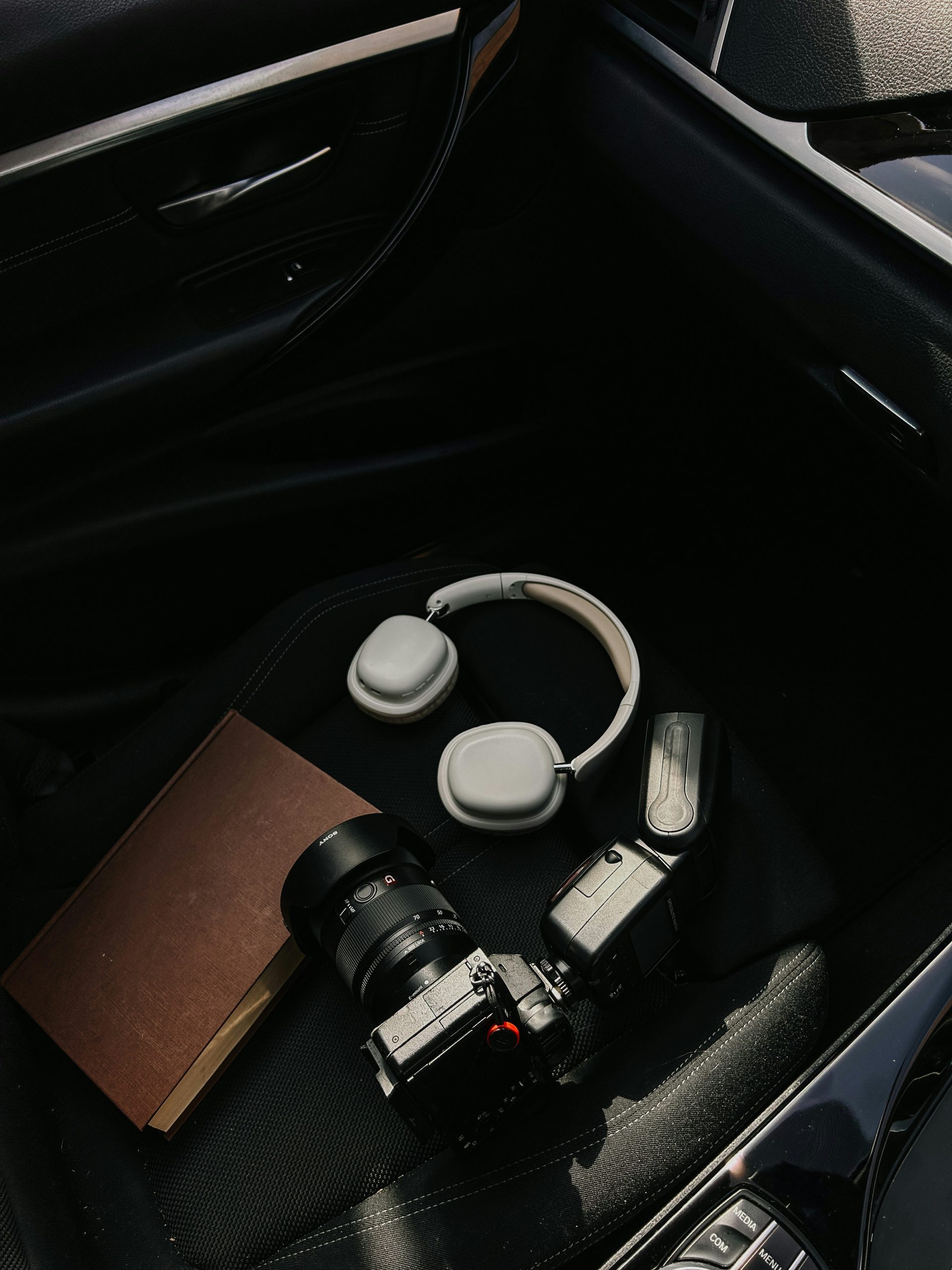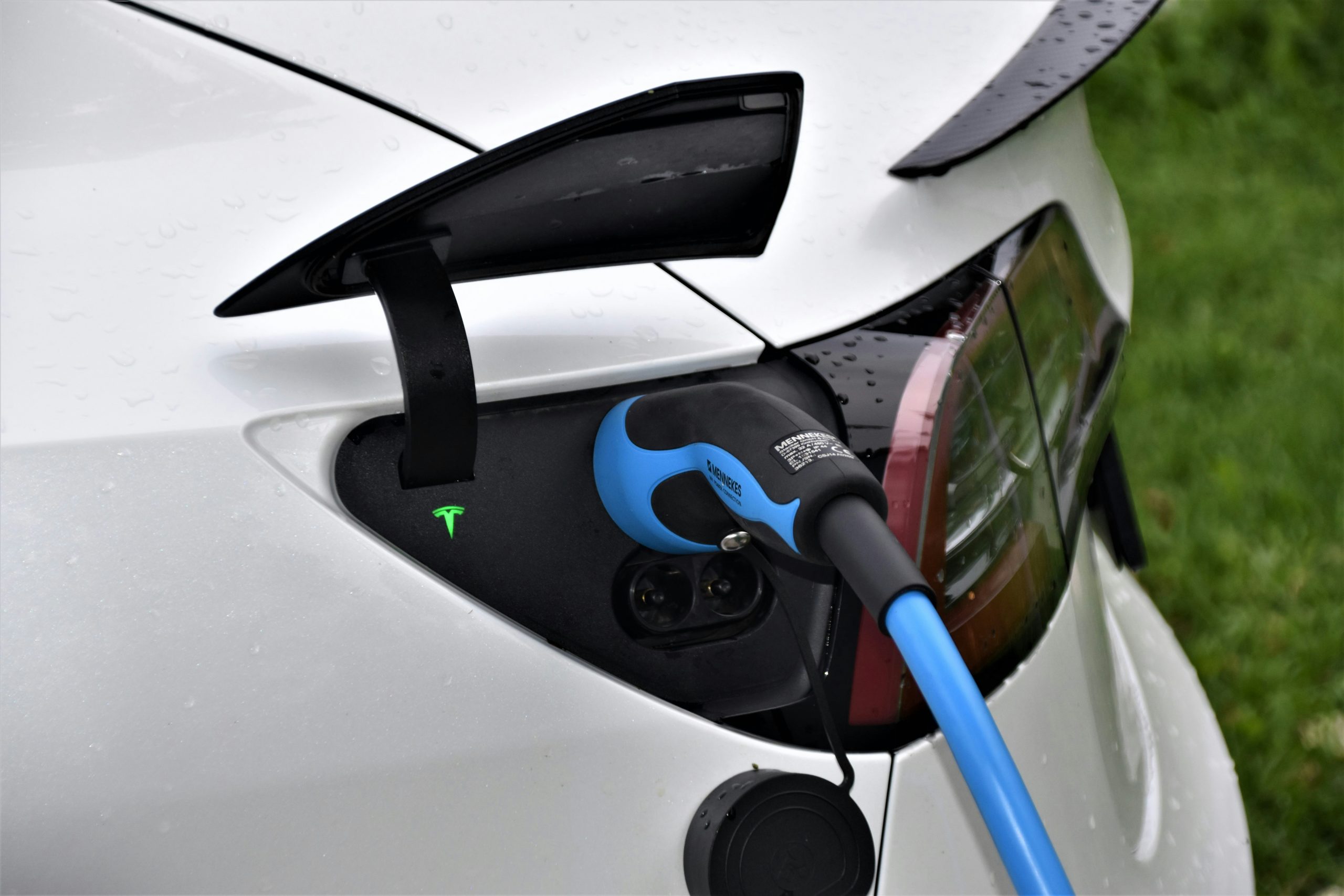Driving is more than just getting from point A to point B—it’s a responsibility that involves safety, efficiency, and care for your vehicle and the environment. Yet, even experienced drivers can fall into bad habits over time. These behaviors may seem harmless at first, but they often lead to mechanical issues, reduced fuel efficiency, and increased risk on the road. Here are five common bad car habits that are worth correcting today.
1. Resting Your Foot on the Clutch Pedal
Drivers of manual vehicles often develop the habit of keeping their foot lightly on the clutch while driving. This may feel like a comfortable resting position, especially in traffic, but it causes unnecessary wear to the clutch plate. Over time, this can lead to premature failure and costly repairs. The best practice is to fully remove your foot from the pedal when it’s not actively in use.
2. Excessive Engine Idling
Letting your engine run while parked—whether waiting for someone or warming up the car—is a habit with environmental and mechanical consequences. Modern engines are designed to be efficient and do not require long warm-up times. Idling wastes fuel, increases emissions, and contributes to engine residue build-up. If you’re stopped for more than a minute, it’s often better to switch the engine off.
3. Braking Too Late or Too Often
Frequent hard braking wears out your brake pads faster and can lead to overheating of the brake system. It also reflects a reactive rather than proactive driving style. Good drivers anticipate traffic flow, maintain a safe following distance, and slow down gradually. This not only extends the life of your brakes but also makes driving smoother and safer.
4. Ignoring Warning Lights
Dashboard warning lights are not decorative—they are early alerts that something may be wrong. Ignoring them, especially check engine or oil pressure lights, can turn a minor issue into a serious problem. Regularly checking your car’s diagnostic indicators and addressing them promptly helps prevent breakdowns and extends the vehicle’s lifespan.
5. Driving on Low Fuel
Many drivers wait until the fuel gauge is nearly empty before refueling. While this might seem economical or convenient, it can damage your fuel pump. Sediment at the bottom of the tank may get drawn into the system, leading to clogs or corrosion. Keeping your tank at least a quarter full helps maintain fuel system health and ensures you’re never caught off guard during long drives or emergencies.
Conclusion
Small habits often have big consequences—especially when it comes to car care and driving behavior. By being more mindful behind the wheel, not only can you protect your vehicle from unnecessary wear and tear, but you also contribute to a safer and more sustainable driving culture. Breaking these five bad habits today could save you time, money, and stress in the long run. After all, responsible driving begins with awareness.
This Article Was Generated By AI.











